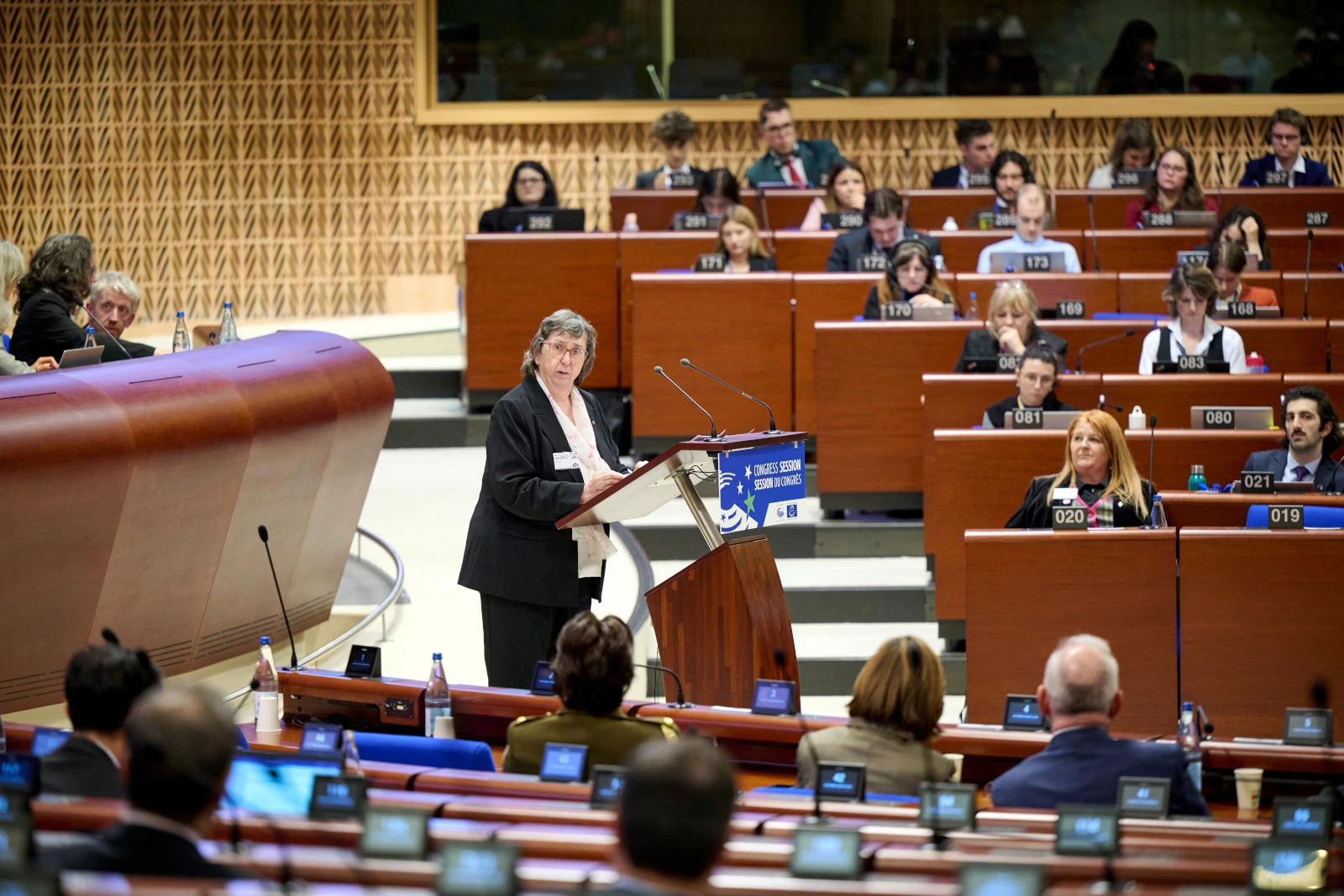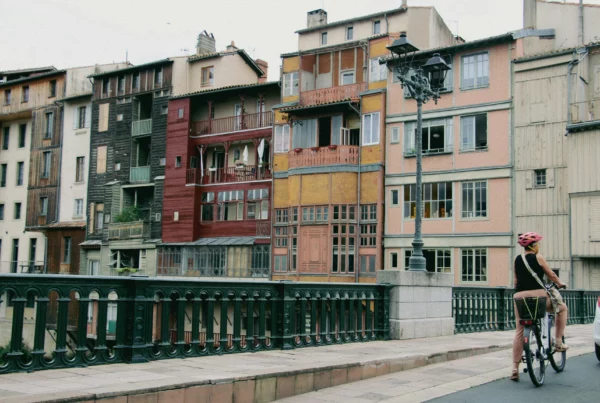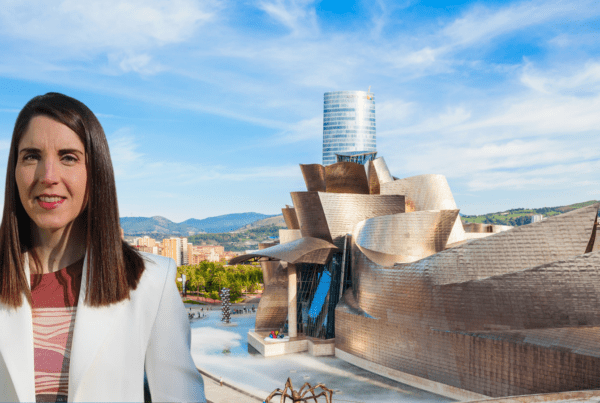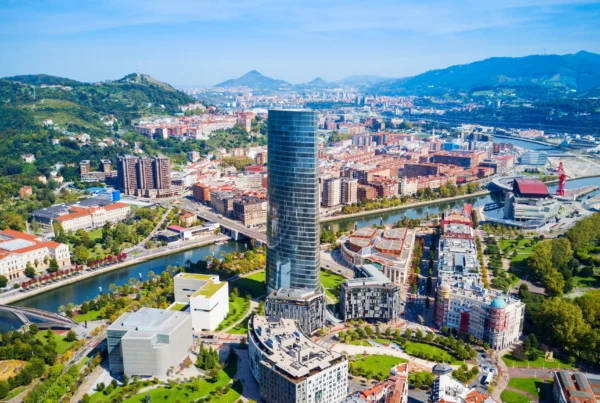CEMR participation in the Congress of Local and Regional Authorities in the Council of Europe
At the 48th Session of the Congress of Local and Regional Authorities in Strasbourg, CEMR reaffirmed its commitment to tackling violence against women in politics (VAWIP) and ensuring equal representation at all levels of governance.
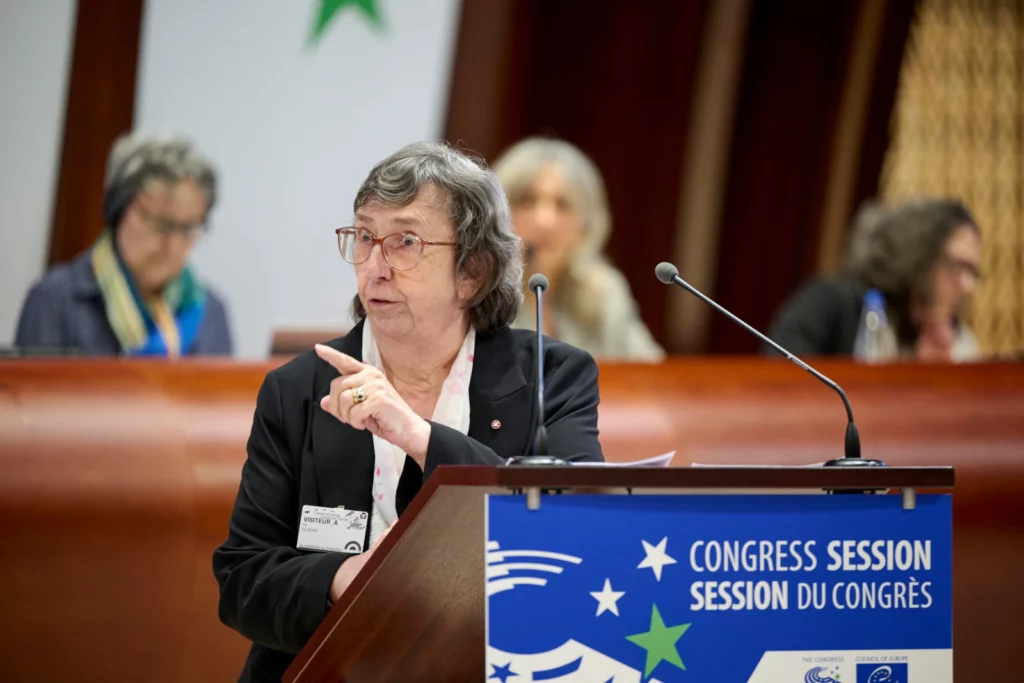
Among the powerful voices at the session was Councillor Flo Clucas, Chair of the Standing Committee on Gender Equality at CEMR, who highlighted the growing threats faced by women in politics, from online harassment to direct physical violence. As she noted, 32% of women in politics have experienced violence, with cyberviolence becoming a major concern. These realities are discouraging women from standing for office, ultimately undermining democracy itself.
The Testimony of the Lord Provost of Glasgow

A particularly striking intervention came from the Lord Provost of Glasgow, who shared her personal experience of violence and intimidation as a local councillor and civic leader.
Through her participation in the Eurocities Women City Leaders Mentorship Programme, she has been working to empower the next generation of female leaders in city governance across Europe. Yet, despite this progress, she has personally faced harassment, misogyny, and threats, including attacks on her appearance, doxxing, and even direct calls for physical violence.
“Would this have happened if I were a man?” she asked, urging leaders to take decisive action.
Instead of stepping back, she chose to act, using her platform to push for a safer and more inclusive environment where women can thrive without fear.
The Power of Local Action: Sophie’s Stop
One of the most inspiring initiatives presented was Sophie’s Stop, a multi-media campaign and signposting app designed to help young women identify and respond to different forms of violence. Led by Glasgow Girls Club, it provides practical tools and support to those facing harassment or abuse. The campaign’s impact has been profound, with young women reporting that it has transformed their confidence and safety awareness.
A Whole-Society Approach for Change
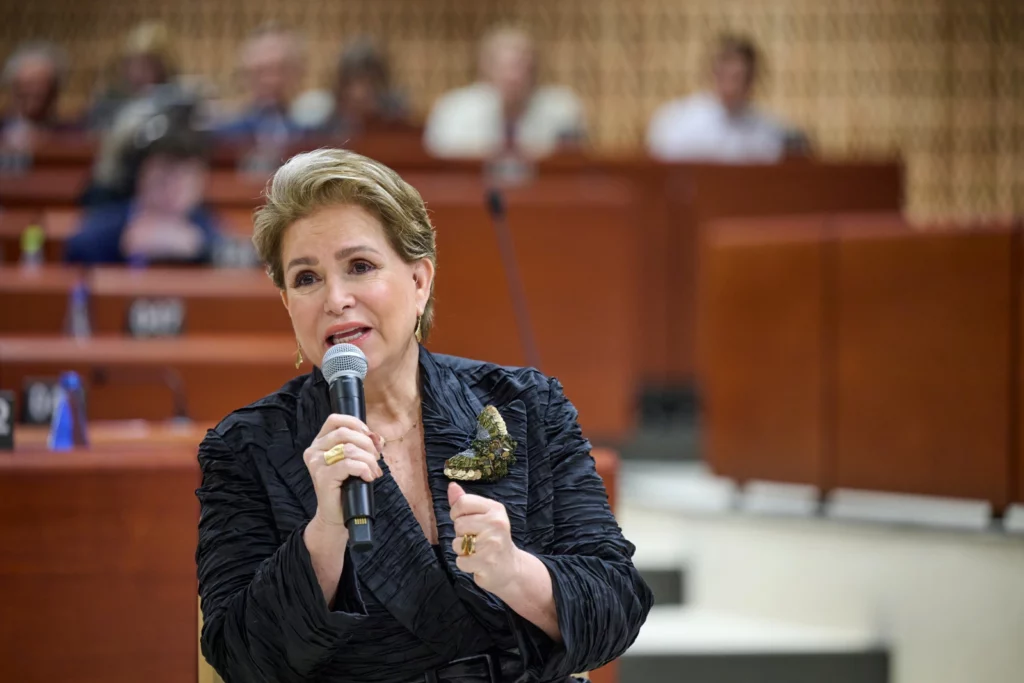
The discussions in Strasbourg made one thing clear: change must happen at the local level. Governments, local authorities, civil society, and institutions like the Council of Europe and CEMR all have a role to play in ensuring that:
- Women have equal access to political spaces
- Threats and harassment are tackled with zero tolerance
- Education and mentorship support young women in leadership
CEMR’s report, Women in Politics: Local and European Trends, underscores the urgency of these actions. Without them, women’s voices will remain unheard, and democracy itself will be weakened.
The fight for gender equality in politics is not just about representation, it’s about creating a political culture where women can lead without fear.
Let’s work together. Let’s act now.
For more information, contact:

Director – Policy & Impact



